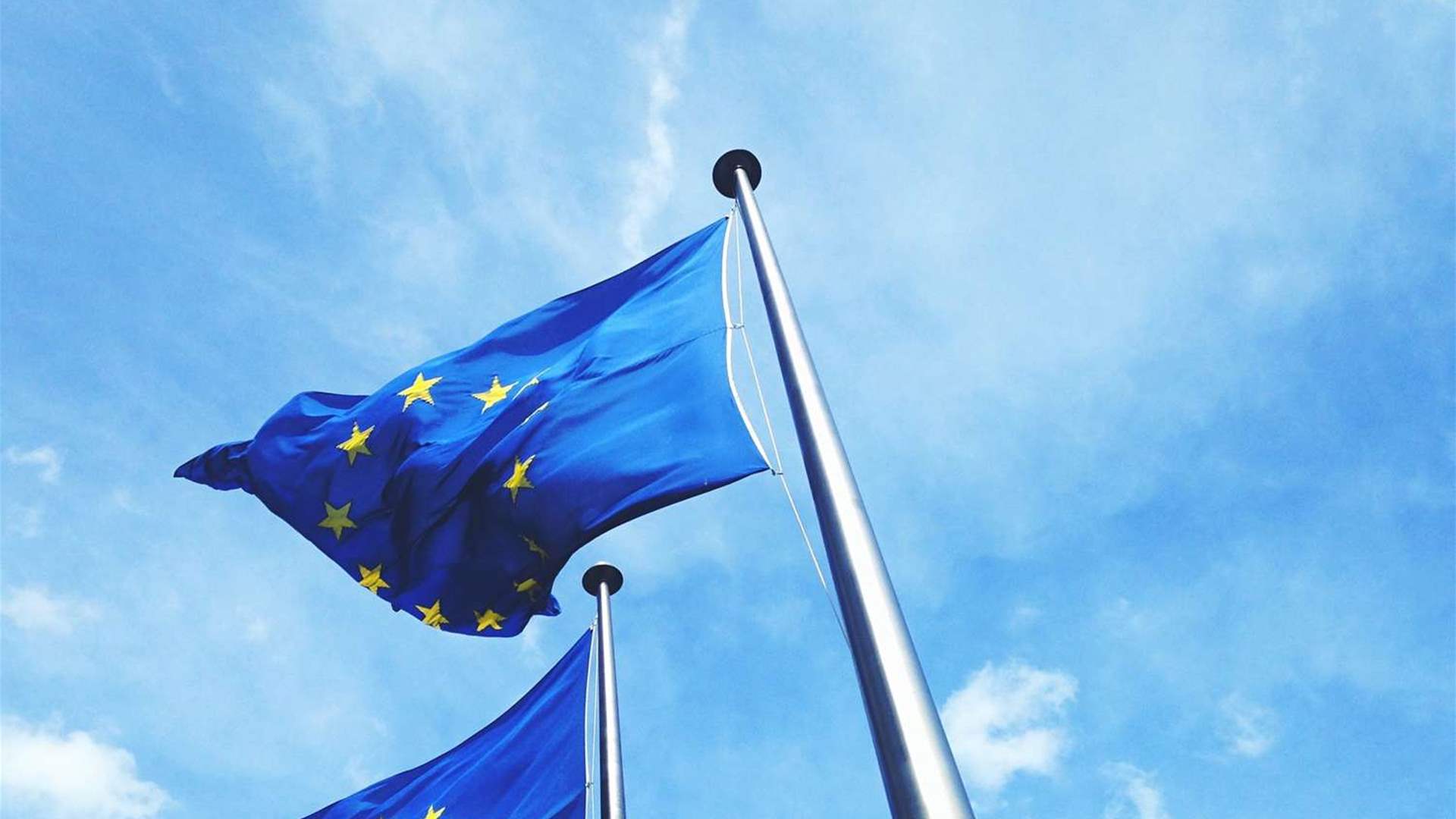Earlier this week, the European Parliament concluded its quinquennial elections in the context of extremely unstable national political landscapes and a deteriorating global peace and security state of affairs.
The European People’s Party (EPP) took 190 seats of the parliament’s 720, an increase of 14 seats, with the European Commission President Ursula von der Leyen’s center-right bloc managing to retain its status as the biggest political group in the European Parliament.
The Impact on Lebanon the MENA Region
Despite celebrations from right-wing groups in Lebanon and some social media influencers, the surge of right-wing political groups in Europe does not bode well for Lebanon and the Middle East and North Africa (MENA) region.
Across the region’s different countries, EU dealings have been mired with an increase in human rights concerns, characterized by free passes handed to ruling class parties and failures to address the root causes of issues.
Earlier this year, the EU reached a one billion USD agreement with Lebanon. While some of its components focus on strengthening development prospects and key sectors such as education, it ultimately allocates most of its focus on border management and crackdowns on irregular migration.
It fails again, similar to other deals between the EU and Lebanon, to deal with the root causes of migration from, through and to Lebanon.
Moreover, the deal paves the way for more problematic security measures that raise grave human rights concerns, mirroring previous agreements with Libya and Egypt and other bilateral relations such as those between Italian Prime Minister Giorgia Meloni and Tunisian President Kais Saied.
A move to the right risks worsening such a regional securitized strategy, through fueling it with additional extremist discourses, Islamophobic tropes and overall discriminatory policies, not to mention unsound economic policies.
For Lebanon and the region in specific, the rise of the Right is clear in its disregard of foreign interests and human rights. French president Emmanuel Macron, who is considered on the more moderate side of the spectrum, was criticized for his pragmatic and interest-based approach in dealing with countries of the region. What right-wing politicians present to the table is an interest-based approach on steroids.
Concerningly, the rise of the Right in Europe also threatens to worsen conflict-related matters in the MENA region, especially when it comes to Gaza, Lebanon and Palestinians’ prospects of reaching basic justice and rights.
The Right in Europe, especially in countries such as Germany, have overwhelmingly pushed for support for Israel’s military aggressions on Gaza and the surrounding countries and have obstructed pathways for ending Israeli forces’ campaign.
A Non-Monolithic Parliament
It’s important to note, however, that the rise of the Right was not the sole development observed throughout the elections, as left-wing parties also made some surprising gains.
Nordic countries, in specific, bucked the overall trend of the EU elections. Left-wing and green parties made some gains, while far-right parties saw their support diminished, particularly in Denmark and theNetherlands.
Europe appears to be heading towards more instability, one which risks boiling over to the continent’s neighborhood. A mix of far-right Euroscepticism, anti-democratic backlash and unsound economic policies provides a bleak future for Europe, the MENA region and the world.


